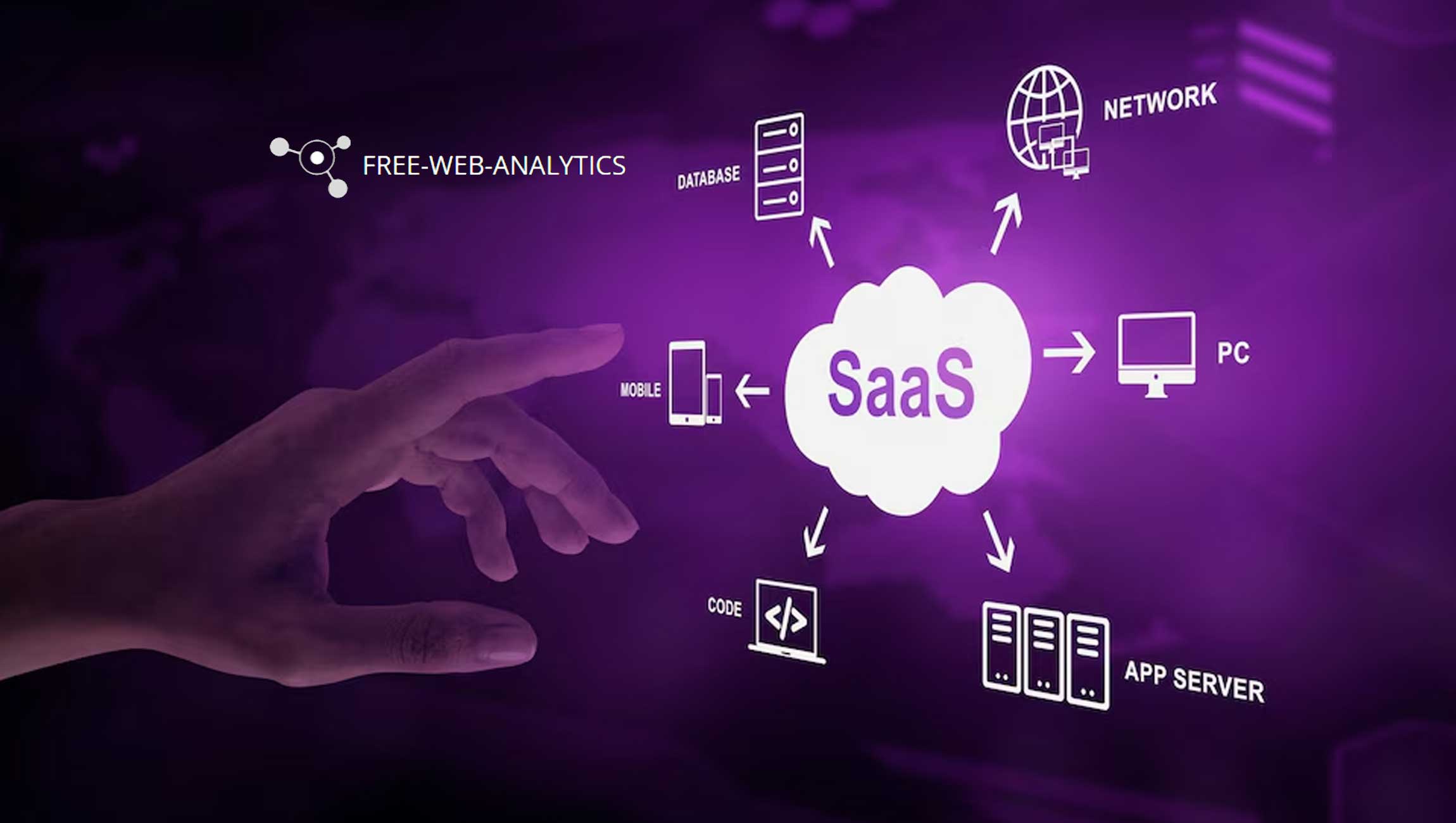Customer Data Platforms (CDPs) have emerged as a pivotal tool in the marketer’s arsenal, revolutionizing how businesses understand and interact with their customers. At their core, CDPs are sophisticated platforms that consolidate customer data from multiple sources into a single, comprehensive database. This integration provides a unified, 360-degree view of the customer, breaking down silos that traditionally segmented data across different departments.
Strategic Importance of CDPs in Marketing
The significance of CDPs lies in their ability to empower organizations with deep, actionable insights. By harmonizing data from various touchpoints – be it online interactions, transaction history, or customer service engagements – CDPs enable marketers to craft highly personalized and effective marketing strategies. This tailored approach not only enhances customer experiences but also drives more efficient and targeted marketing efforts, leading to improved customer retention and increased ROI.
In an era where data is king, CDPs stand out as essential instruments for businesses seeking to leverage data for strategic advantage, ensuring they stay competitive in a rapidly evolving digital landscape.
Common CDP Myths Busted
The advent of Customer Data Platforms (CDPs) has brought with it a wave of misconceptions and myths. It’s essential to demystify these to truly understand what CDPs are and, importantly, what they are not.
Myth 1: CDPs are Just Another CRM System
A common misconception is that CDPs are merely an extension or a fancier version of Customer Relationship Management (CRM) systems. This is far from the truth. While both store customer data, CRMs primarily focus on sales and direct customer interactions. CDPs, on the other hand, integrate data from multiple sources, offering a more comprehensive and unified view of the customer. They are more focused on data aggregation and management, providing deeper insights for marketing strategies.
Myth 2: CDPs Replace Data Warehouses
Another myth is the notion that CDPs can replace data warehouses. Data warehouses are designed for storing large volumes of data and are integral to a company’s data infrastructure. CDPs, in contrast, are more agile and accessible, designed for marketers to easily utilize data for customer engagement and personalization. They complement, rather than replace, existing data warehouses by making the data more actionable for marketing purposes.
Myth 3: Implementing a CDP is Instantly Transformative
Some believe that simply implementing a CDP will instantly transform their marketing efforts. The reality is that while CDPs are powerful, their effectiveness hinges on proper integration, quality of data fed into them, and strategic usage. The transformation is gradual and requires a coherent strategy and continuous optimization.
Myth 4: CDPs are Only for Large Enterprises
The myth that CDPs are exclusively beneficial for large corporations is misleading. Businesses of all sizes can leverage CDPs to understand their customers better and create more personalized marketing strategies. The scalability and flexibility of CDPs make them suitable for businesses at different growth stages.
Myth 5: CDPs Compromise Customer Privacy
With growing concerns around data privacy, some fear that CDPs might compromise customer privacy. In reality, most CDPs are designed with robust security features and compliance with data protection regulations. They help in managing consent and preferences, ensuring that customer data is handled responsibly.
Marketing Technology News: MarTech Interview With Seth Nesbitt, CMO @ Zuper
Top CDPs as of Today
As of today, the market is replete with a range of Customer Data Platforms (CDPs), each offering unique features and capabilities. Here are some of the top CDPs that have gained prominence for their efficiency, innovation, and comprehensive data management solutions:
1. Adobe Experience Platform:
Known for its robust data management capabilities, Adobe Experience Platform stands out for its real-time customer profiles, AI-driven insights, and extensive integration options. It’s particularly favored by enterprises seeking a seamless blend of data analytics and customer experience management.
2. Salesforce CDP:
Salesforce’s offering in the CDP space leverages its strong CRM roots. It provides a unified customer view, advanced segmentation, and personalization capabilities. It’s ideal for organizations already invested in the Salesforce ecosystem, offering smooth integration with other Salesforce products.
3. Segment:
Praised for its user-friendly interface and powerful data integration features, Segment allows businesses to collect, clean, and control their customer data efficiently. It’s an excellent choice for companies looking for a straightforward yet potent CDP solution.
4. Tealium AudienceStream:
Tealium’s AudienceStream offers a versatile platform with a strong emphasis on real-time data collection and action. Its audience segmentation and orchestration capabilities make it a strong contender for businesses focusing on real-time marketing initiatives.
5. Treasure Data:
Treasure Data excels in handling vast volumes of data and provides robust analytics tools. Its strong suit is the ability to process and analyze large datasets, making it a preferred choice for data-heavy enterprises.
Conclusion
The right CDP can revolutionize how a business interacts with its customers, transforming data into actionable insights. These top CDPs offer diverse functionalities catering to different business needs, from advanced analytics to seamless integrations. The key lies in choosing a platform that aligns with your business objectives, ensuring that customer data is not just collected but transformed into a strategic asset for personalized and effective customer engagement.
Marketing Technology News: How Conversational AI Streamlines Demand Generation and MarTech Workflows











